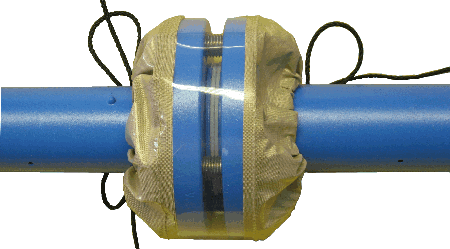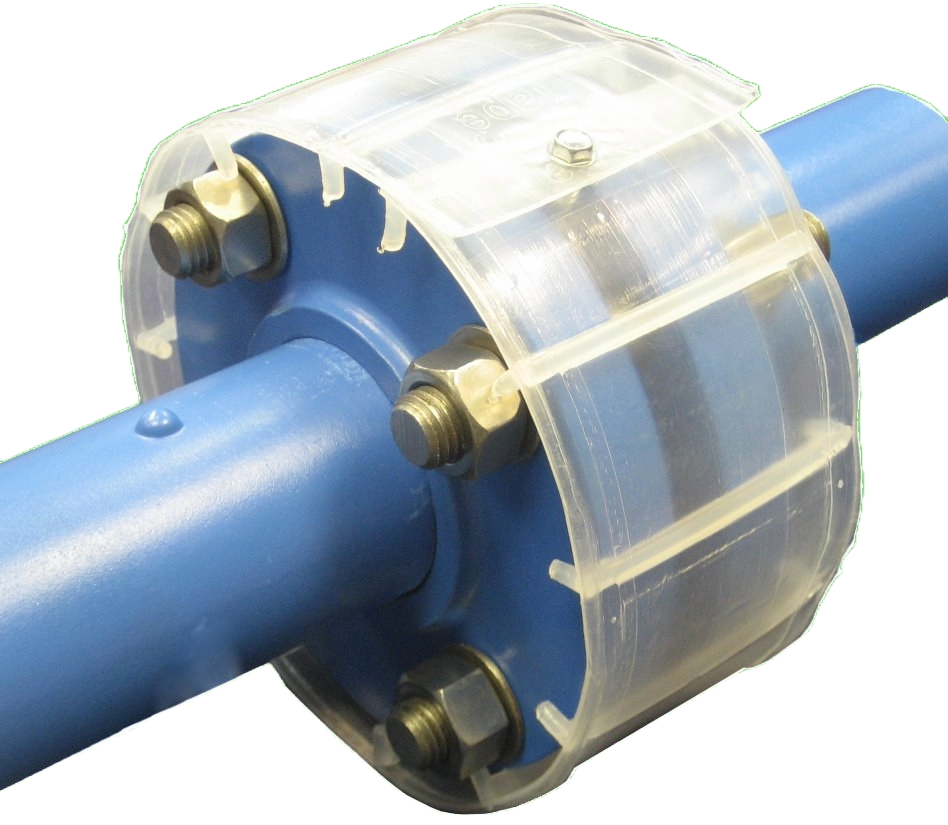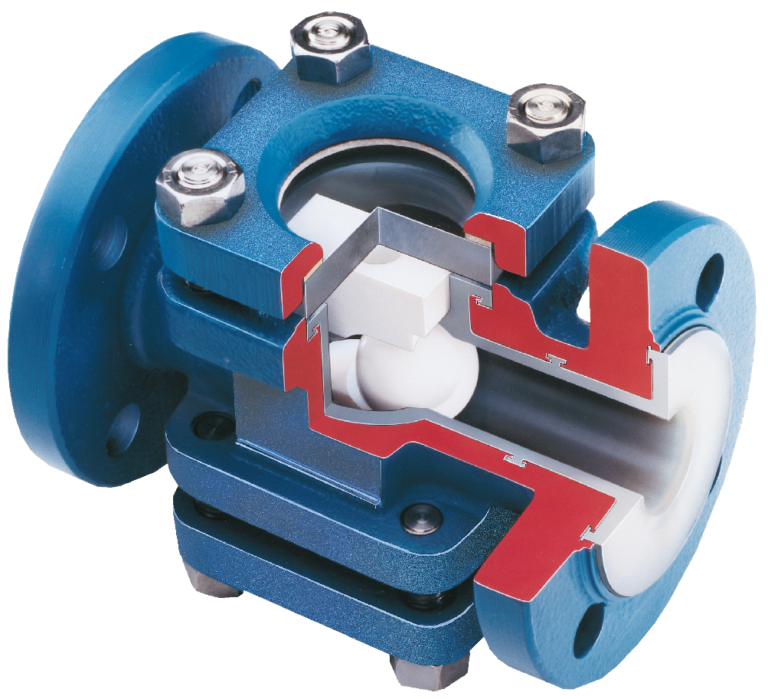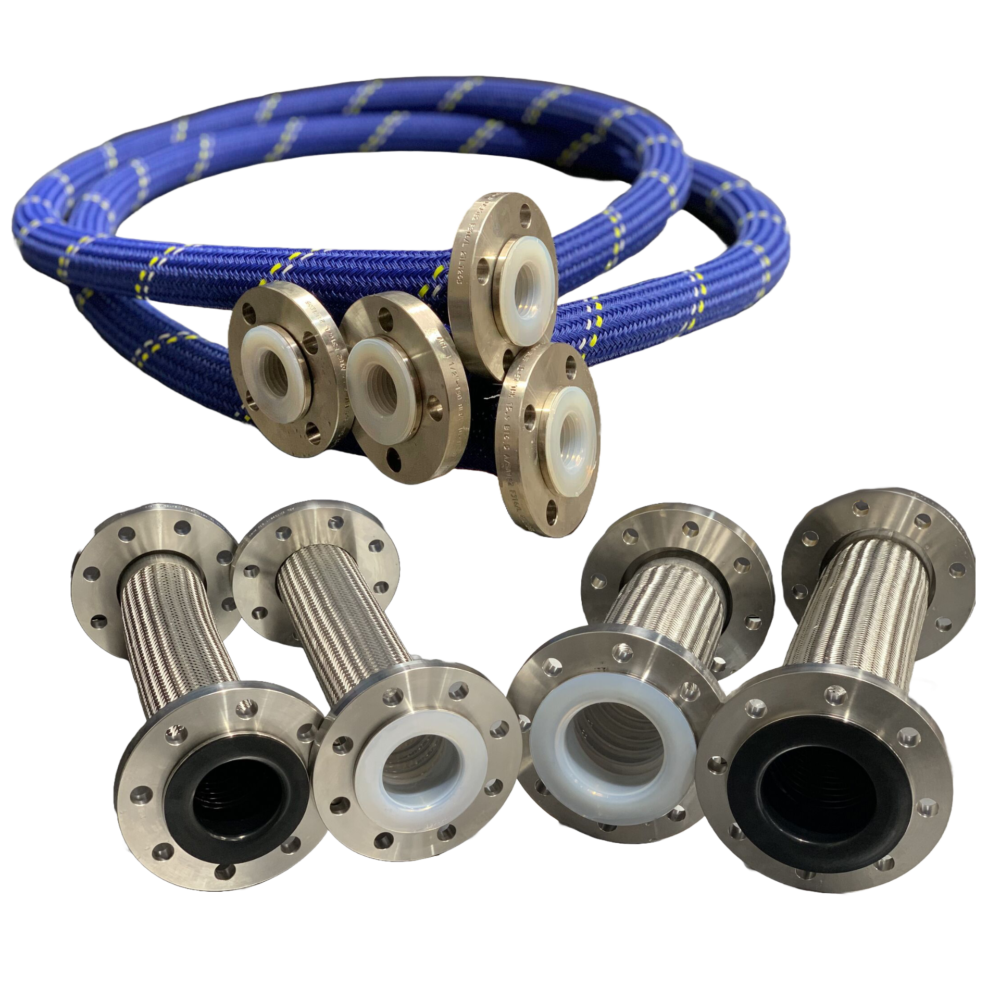
Unique Manufacturing Process
CRP manufactures paste extruded or multi-ply PTFE tubes to guarantee the highest quality from the beginning of the production process.
Our unique convolution process undertaken at very high temperatures combined with additional material to compensate for transitional change from straight tube to to convoluted bellows, provides a uniform PTFE wall thickness and a stress-free material in a thermally locked bellows shape. This process has a significant influence on product lifetime performance.

There are many ways to produce PTFE expansion bellows, some of these methods do not offer the best solutions. Sometimes bellows are produced with sets of rotating rollers that are cold forming the PTFE tube into the convolutions. This can lead to a lot of residual stresses as the PTFE tube retains its ‘plastic memory and will over time try to return to the initial shape. Others are produced by blowing a PTFE tube using high pressure into a mould which has the shape of the bellows convolutions. With this method the PTFE is stretched into this shape with localised thinning of the material producing poor pressure performance for users. Others are produced from isostatic moulding techniques where the bellows is produced from PTFE powder formed into the shape of the convolutions in a mould and sintered. Here the wall thicknesses cannot be regulated and the bellows very susceptible to permeation.
When CRP manufacture our FluoroFlow bellows we compress the bellows into shape and remove all stresses with the PTFE tube by soaking the bellows in manufacture at 300 degrees C. The bellows assembly is then rapidly cooled and retains the bellow shape. The original tube has lost is ‘plastic memory’ and will retain its bellows shape for ever more..
All our bellows are subjected to a 1.5 x pressure test with manufacture, independent tests have been conducted by TÜV to confirm the pressure ratings we present in our catalogues alongside our own extensive burst pressure tests.






















































